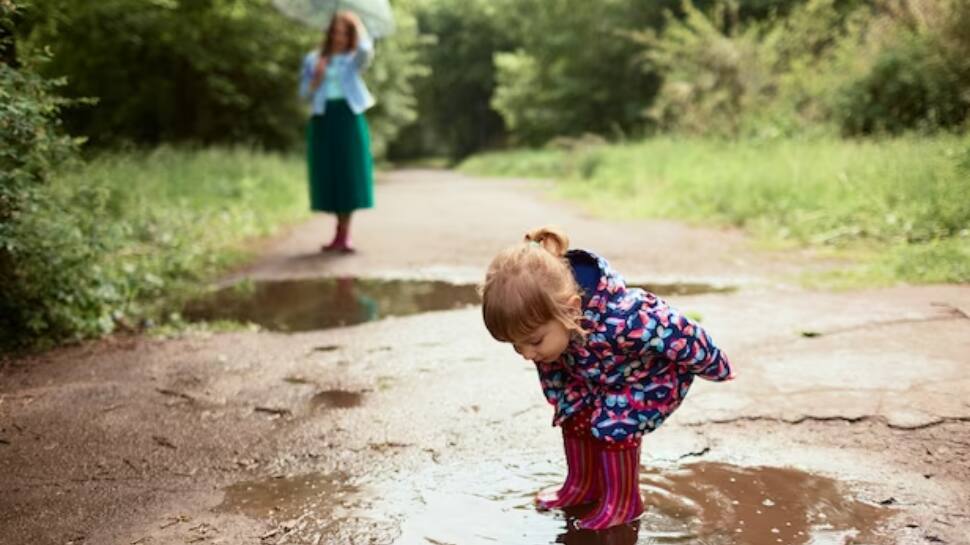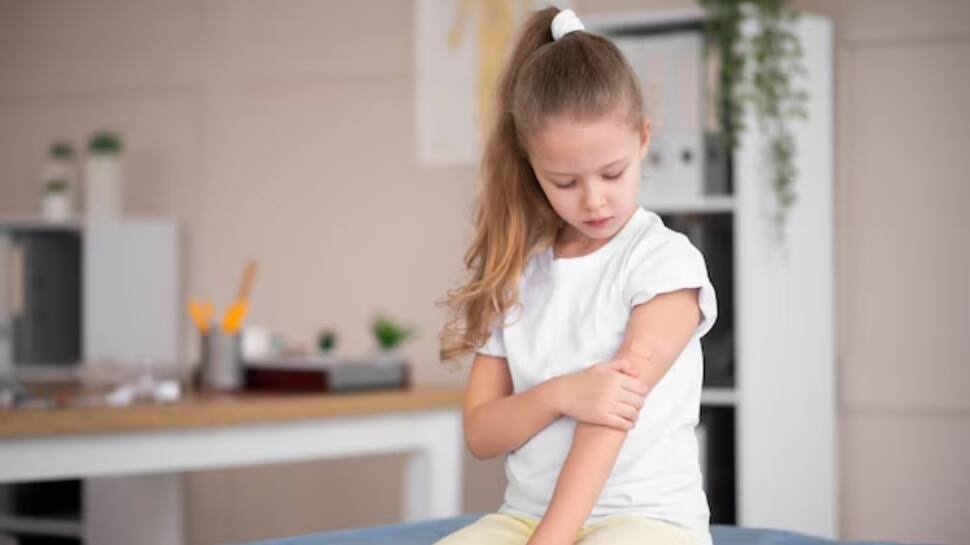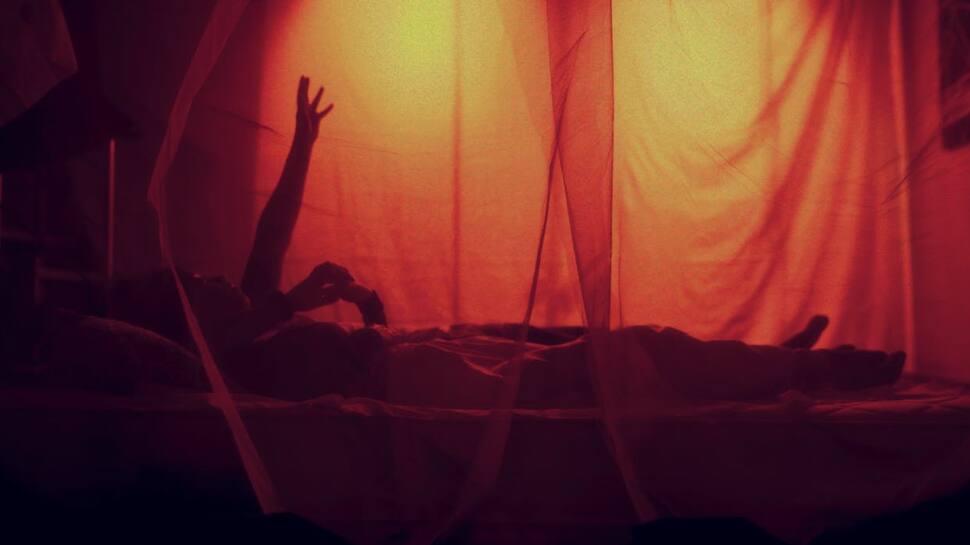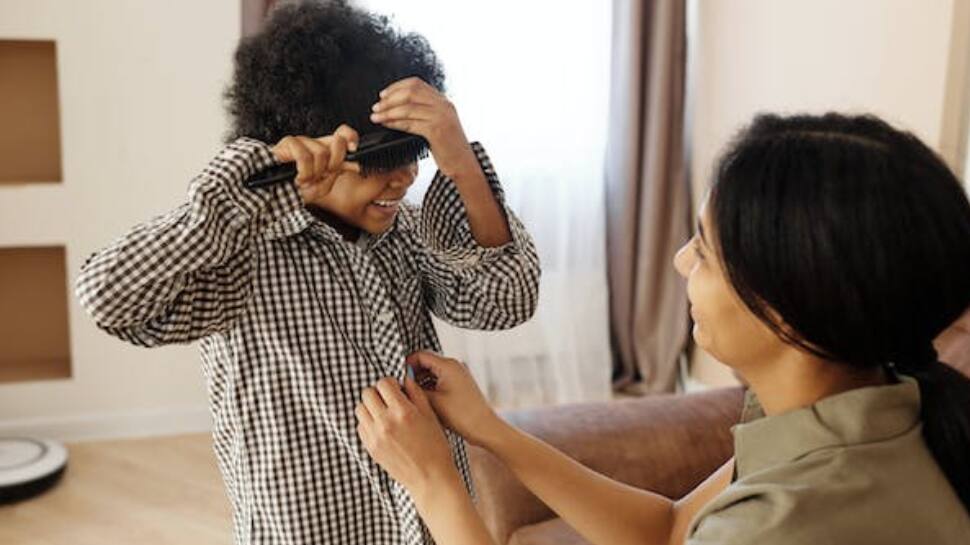Dengue Cases Rising In India: 5 Protective Measures To Keep Your Children Safe From Dengue Fever
)
The number of dengue cases in the Delhi is increasing; in the first half of July, over 40 cases were recorded there. Rain and standing water have made it more likely for mosquitoes to spawn and for illnesses carried by vectors to proliferate. It is crucial to take action to stop the spread since kids are more likely to be outside—in parks or schools. Early symptoms of dengue in children include rashes, sharp headaches, sudden development of fever, and discomfort behind the eyes. Parents need to be aware of these warning indicators and seek medical advice.

Mosquitoes breed in stagnant water, so make sure there is none near your home. Inspect and empty water containers such as flower pots, buckets, old tyres, and other objects that can store water on a regular basis. Mosquitoes are drawn to waste and dirt, so keep your living space clean and clutter-free.

On exposed skin and clothes, use an age-appropriate insect repellent. Use child-safe repellents and follow the recommendations on the packaging.

Encourage your community to pursue mosquito-reduction measures, such as organising regular waste collection and cleaning public locations. Keep up to date on Dengue fever by contacting local health officials and supporting Dengue awareness programmes that disseminate information on prevention and control.

Use mosquito nets over their beds or cribs while sleeping to prevent mosquito bites. Keep windows and doors screened to prevent mosquitoes from entering your home.

When children are outdoors, dress them in long-sleeved shirts, long trousers, socks and shoes, especially at dawn and night when mosquitoes are most active.

